How to Use Better Than Rocks Planter Inserts
Better Than Rocks is a lightweight, reusable planter pot drainage material that eliminates common container gardening issues like poor drainage, compacted soil and root rot. By creating an aerated base layer, this drainage material for planters improves airflow and water flow, helping plants thrive. Bonus: you’ll use less potting mix and move containers more easily.
In this guide, you’ll discover:
- How to use planter pot drainage material in just 3 simple steps
- Tips for installing drainage mesh by planter size
- Best practices for using drainage material in containers by type
- Regional advice for using Better Than Rocks in wet or dry climates
Step By Step: Installing Planter Pot Drainage Material
Step 1: Cut the material to fit the base of your container.
Step 2: Lay the drainage mesh in the bottom third of the container.
Step 3: Add soil and your plant as usual. Water thoroughly.
This resulting breathable base allows excess water to escape freely while holding soil in place—no more soggy roots or clogged holes.
Have more questions about setup or planter types? Visit our Frequently Asked Questions page for detailed answers on these topics and more.
Installing Planter Pot Drainage Material by Size
Small Planters: 6–10 inches
One or two layers of Better Than Rocks is typically enough. If needed, cut to size with scissors.
Medium Planters: 10–16 inches
Two or more layers of Better Than Rocks for added support and even coverage. If needed, cut to size.
Large Planters: 16+ inches
For excellent drainage use three or more layers of Better Than Rocks material. Use even more layers if weight reduction is a priority.
Using Drainage Materials in Containers by Type
Each planter type requires a slightly different approach to achieve optimal drainage. Here’s how to tailor your use of Better Than Rocks in different containers.
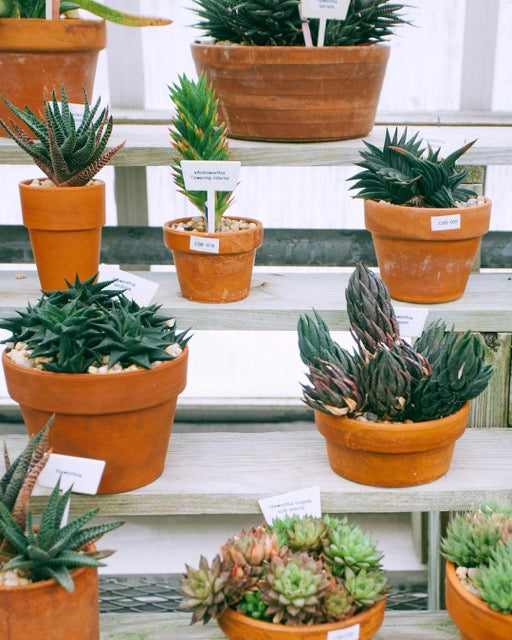
Terracotta or Clay Pots
Terracotta planters are porous, allowing air and moisture to pass through the container walls. This breathability can lead to faster drying — especially in hot or arid climates. Add one or more layers of pot drainage material such as Better Than Rocks depending on planter size. Top the soil with mulch to reduce evaporation. This combination helps maintain hydration while avoiding waterlogged conditions.
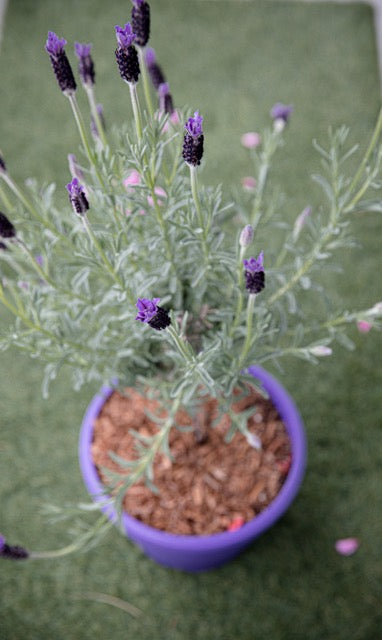
Plastic or Resin Planters
Plastic and resin planters are non-porous, so they retain water longer. That’s why using drainage material in containers like these is especially important. Add 2–3 layers of Better Than Rocks to prevent soggy roots and stagnant water. These containers are already lightweight so the added benefit of using drainage material is keeping them mobile and very easy to reposition.
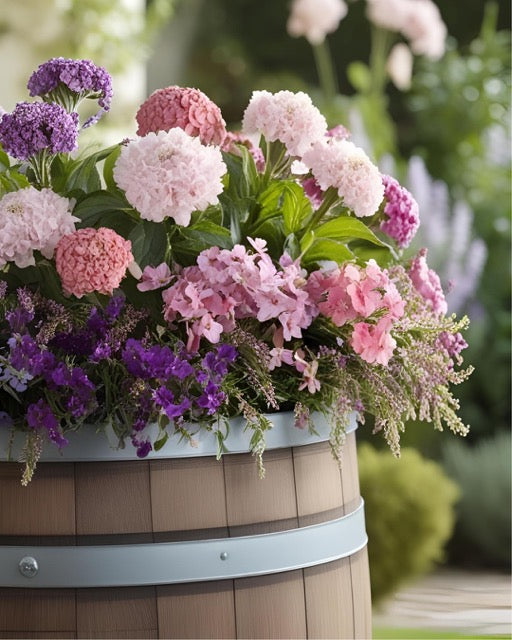
Wooden or Barrel Planters
Wood is vulnerable to moisture damage over time. Using 3 to 4 layers of planter insert material encourages airflow and protects the wood by channeling excess water away from the base.
In cold or rainy climates, seal or line your wooden containers to extend their lifespan while still allowing Better Than Rocks to do its job.
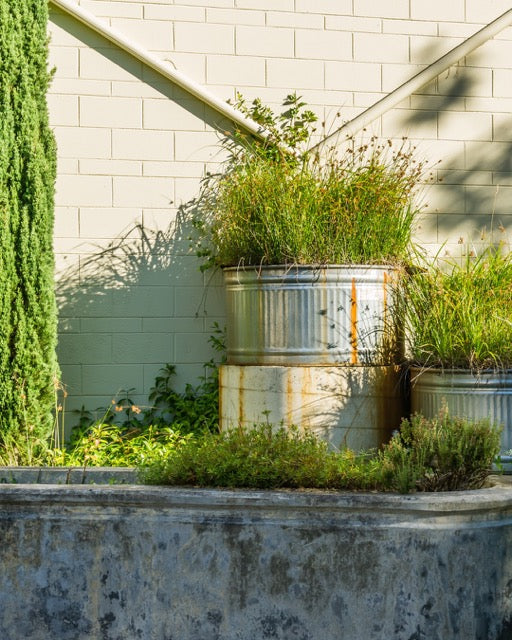
Metal Planters
Metal can overheat in full sun, putting plant roots at risk. Better Than Rocks acts as both an insulator and a planter pot drainage material, forming an air buffer that helps regulate temperature and prevent overheating. It also prevents pooling that can lead to rust or corrosion — one of several reasons why it’s better than other drainage materials
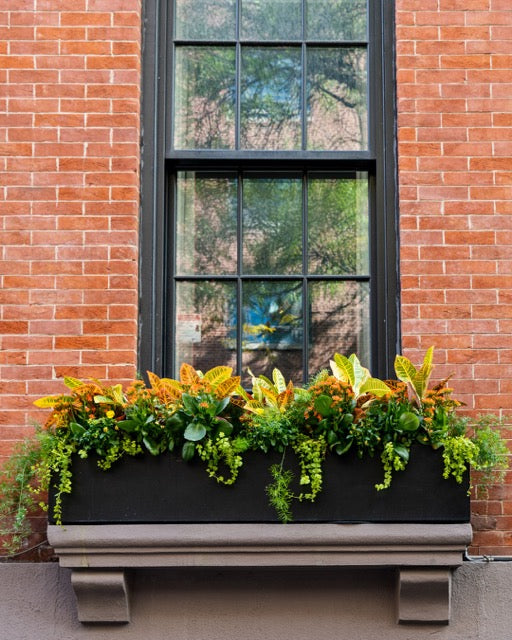
Window Boxes
These shallow planters dry out quickly, especially on sunny balconies or window sills. One layer of Better than Rocks helps balance water retention and drainage. The product keeps roots from sitting in stagnant water while reducing total soil weight — a big plus for secure mounting and easier seasonal changes.
Drainage By Region and Climate
Container needs vary by climate. Here’s how to use Better Than Rocks effectively across different U.S. regions to improve plant health and prevent drainage issues.
Southwestern US – Hot & Dry Climates
In arid regions like Arizona or Nevada, using 2 or more layers of pot drainage material helps prevent overheating and rapid evaporation. Better Than Rocks keeps water from pooling at the bottom while allowing for deeper, less frequent watering — ideal for encouraging strong root growth. In terracotta pots, pair with mulch and moisture-retaining potting mix to reduce evaporation even further.
Southeastern US – High Humidity & Frequent Rain
If you do container gardening in the Southeast, humidity and rain can cause soggy soil fast. Use 2–4 layers of planter drainage inserts to improve airflow and drainage. With Better Than Rocks in place, you’ll reduce the risk of root rot, mold and other moisture-related problems.
Northern US – Cold Winters & Freeze/Thaw Cycles
In colder climates, freezing and thawing can damage planters and roots. A 2 to 3 layer base of Better Than Rocks helps buffer root systems and supports water flow during spring snowmelt. Add an extra inch during wet seasons and keep drainage holes clear. If possible, move or wrap containers in winter for added insulation.
Coastal Areas – Salt Air & Wind
Wind, salt spray and sun exposure make coastal gardening tough. 2–4 layers of Better Than Rocks can reduce salt buildup by encouraging flush-through during watering. For metal planters, this also helps regulate heat and reduces standing moisture that can cause rust or corrosion.
Ready to Replace Rocks in Your Planters?
Now that you know how to use pot drainage material, it’s time to upgrade your garden game. Whether you’re planting herbs in a small pot or arranging large outdoor containers, using drainage material for planters products like Better Than Rocks will lighten the load, improve plant health and reduce waste.
Have more questions about setup or planter types? Visit our FAQ's page for detailed answers on these topics and more.

